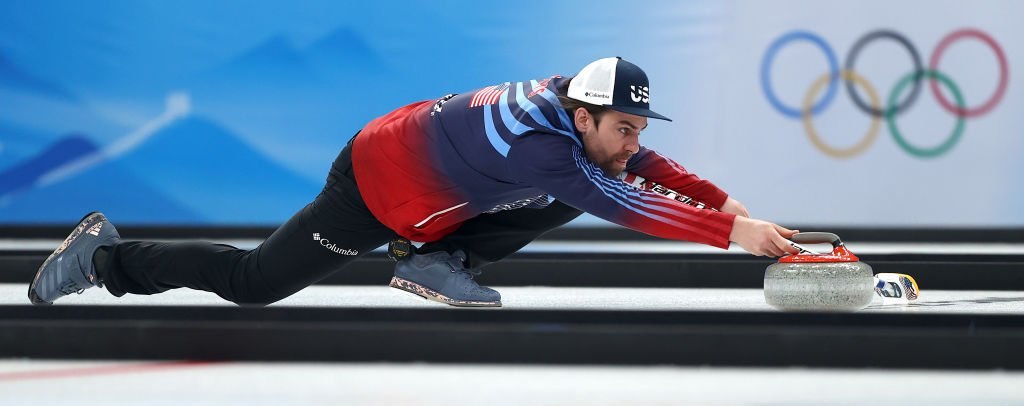When it comes to major considerations about the Winter Olympics under way in Beijing — the U.S. diplomatic boycott, potential athlete protests, should the Games even be happening, and will they watch — Americans are divided, according to the latest Economist/YouGov Poll.
More than four in 10 Americans say they don’t plan to watch any of the Winter Olympic Games in Beijing this year. Only 16% say they will watch lots of events or watch them every day, and 28% say they will watch a few events. While the U.S. Olympic team is disproportionately white, white Americans report less interest in watching the Olympics than Black Americans. Plans to watch are also divided by party and age; Republicans are less likely to say they will watch the games than Democrats, and younger Americans less likely than older Americans.
Americans have mixed views on whether or not the Olympic Games will be successful: 37% say they will be very or somewhat successful, while 32% say they will be somewhat or very unsuccessful. Before last year’s Summer Olympics in Tokyo, 39% expected some level of success.
Half of Americans say that the International Olympic Committee made a bad decision in holding the Winter Olympic Games in Beijing in light of the COVID-19 pandemic. Only 15% said the decision was a good one. Four in ten Americans approve of the United States sending athletes to the Winter Olympics in light of the COVID-19 pandemic, compared to 34% who disapprove. This is lower than the 48% percent who approved of sending athletes to the Summer Olympics in Tokyo last year.
People are split on whether or not they think there will be a serious outbreak of COVID-19 among Olympic athletes or staff. Nearly half (47%) say an outbreak is very or somewhat likely, while 31% say it is not very or not at all likely. Nearly half of Americans (46%) say that athletes should be required to get vaccinated in order to participate in the Winter Olympic Games, compared to only 34% who say they should not be required to. The share of Americans who oppose requiring vaccination has risen from the 28% who said the same for last year’s Summer Olympics.
Citing ongoing human rights abuses in China, the U.S. announced in December a diplomatic boycott of the Winter Olympics, meaning that American government officials will not be attending the Games. Most Americans have heard at least a little (49%) or a lot (17%) about the U.S. diplomatic boycott, and nearly half say they somewhat or strongly support the boycott. Only 17% somewhat or strongly oppose the boycott.
Most Americans view China as either an enemy (37%) of the U.S. or at least unfriendly towards it (33%). Most also hold very negative views of Chinese leader Xi Jinping; only 5% view him favorably and only 4% see him as honest and trustworthy.
Americans are divided over whether or not athletes should be permitted to publicly engage in protests at the Winter Olympic Games. While 37% say athletes should be allowed to publicly protest, 39% say they should not be. Support for athlete protests is higher than at last year’s Summer Olympics in Tokyo, where 33% said they should be allowed to protest and 46% said they should not be. These views break down along party lines, with Democrats being nearly twice as likely as Republicans to support allowing athlete protests.
See the toplines and crosstabs from this Economist/YouGov Poll
Methodology: The Economist survey was conducted by YouGov using a nationally representative sample of 1,500 U.S. adult citizens interviewed online between February 5 - 8, 2022. This sample was weighted according to gender, age, race, and education based on the 2018 American Community Survey, conducted by the U.S. Census Bureau, as well as 2016 and 2020 Presidential votes (or non-votes). Respondents were selected from YouGov’s opt-in panel to be representative of all U.S. citizens. The margin of error is approximately 3% for the overall sample.











